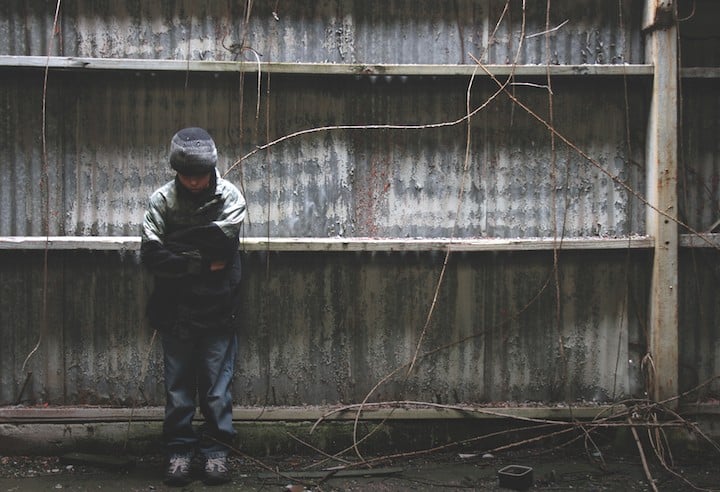Imagine a high-stress job with low-pay, long hours and where you were responsible for the lives of multiple children who live in potentially dangerous environments. Imagine doing this job without the proper education needed to adequately and swiftly make the observations and recommendations needed to ensure each child under your responsibility is safe. This is the reality for Child Protective Services caseworkers in Texas.
Texas CPS’s deficiencies have finally come to light after the Austin American Statesman published an account of how the child welfare system has harmed children. According to the series “Missed Signs, Fatal Consequences,” Texas CPS failed to report hundreds of cases of child abuse and child death. Over half of the deaths occurred in homes previously reported to CPS.
While it may be tempting to blame individual caseworkers, these issues can be attributed to a lack of resources and a larger cultural problem at the department. Texas CPS is notorious for high staff turnover due to excessive caseloads, poor working conditions and low pay.
In this way, caseworkers and the children they serve are set up for failure in the child welfare system.
Workers are expected to maintain caseloads of 40 or more families, even if it means consistently working overtime. High caseloads and low job satisfaction lead to almost half of all caseworkers quitting within their first year of employment. Internal surveys show that employees feel neither valued nor that their feedback will result in changes in the workplace.
It is important to note that Department of Family and Protective Services Commissioner Henry Whitman recently proposed a plan to pay workers approximately $50,000 a year, but the legislature has been going back and forth on how a pay increase would be allocated. Higher salary, however, will not alone solve the issue of retention; to do this, DFPS must change the internal cultural surrounding supervision and high caseloads.
The most important consequence of high turnover is children re-entering the system. The more caseworkers a child is assigned while under CPS care, the less likely he or she is to achieve permanency or remain outside of the system.
Although caseworkers have repeatedly cited low pay and high caseloads as problematic, CPS has traditionally refused to focus on these issues. Instead, the Department lowered education requirements for caseworkers. Now, anyone who has two years of college credit and two years of work experience with children can apply and receive the same salary as bachelor’s and master’s level workers. The choice to lower the education requirements was meant to widen the applicant pool and address turnover, but disregards outcomes for children in care.
However, the issue is not recruiting new caseworkers, but keeping qualified staff.
Former CPS employees and members of the Texas Legislature have voiced concern over the lowered education requirements. One former case manager said that she found the job difficult even with a bachelor’s degree. Another has said that she fears these changes will result in worse outcomes for children involved in the welfare system.
The issue of pay is first and foremost about valuing the lives of the children in CPS care. It is also about valuing those who do the difficult work of protecting them. By hiring people who do not have the educational background to set them up for success, workers may experience even more burnout, turnover and unsafe working conditions. If caseworkers are not equipped with the necessary skills to handle the situation appropriately, the child suffers.
Something must change within CPS, but lowering the education requirements is not the answer. Now that the commissioner has requested higher salaries for caseworkers, the next step is to establish that the education requirements are sufficient to ensure positive child outcomes.
As concerned Texans, we have a duty to contact the commissioner’s office and legislators to tell them how strongly we oppose these new hiring practices but also support the proposed salary increases. If we do nothing, we are letting innocent children reap the consequences, for they have no voice and no choice to ask for better.
—
Hopkins and Peddycoart are in their final year of the Masters of Science in Social Work program. This opinion piece was published in the Austin American-Statesman and represents the views of the author, not of The University of Texas at Austin or the Steve Hicks School of Social Work.


